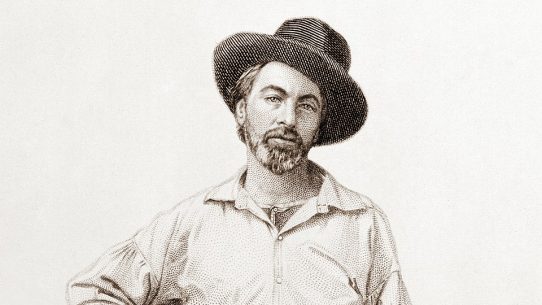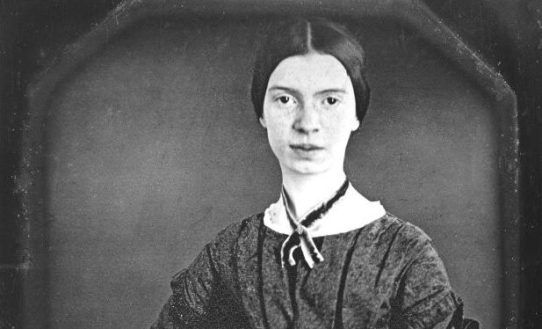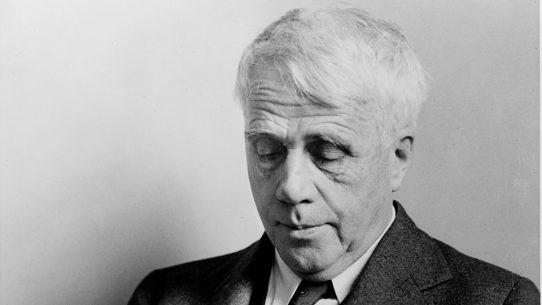Matthew Arnold (1822–1888) was an English poet, critic, and cultural thinker whose works bridged the Romantic and Victorian eras.
Known for his lyrical melancholy and moral reflection, Arnold explored the spiritual anxieties of a modernizing world. As both a poet and an essayist, he sought to reconcile faith and reason, emotion and intellect — establishing himself as one of the most influential moral voices of Victorian literature.
Early Life and Education
Arnold was born on December 24, 1822, in Laleham, Middlesex, England, the eldest son of Dr. Thomas Arnold, the celebrated headmaster of Rugby School, and Mary Penrose Arnold. Raised in an intellectually rigorous household, he was encouraged to combine moral seriousness with a love of culture and learning.
Educated first at Winchester and then at Rugby under his father’s guidance, Arnold went on to Balliol College, Oxford, where he won the prestigious Newdigate Prize for poetry in 1843. His time at Oxford exposed him to classical literature, philosophy, and the theological debates that would later shape his poetic and critical thought.
After graduating, Arnold worked briefly as a private secretary before being appointed an inspector of schools — a position he held for over thirty years. The experience gave him insight into the social and educational challenges of industrial England, grounding his moral and cultural reflections in practical observation.
Literary Career and Major Works
Arnold’s early poetry, including The Strayed Reveller, and Other Poems (1849) and Empedocles on Etna, and Other Poems (1852), revealed his preoccupation with spiritual alienation and the search for meaning. His elegy Thyrsis and his philosophical poem The Scholar-Gipsy reflect a longing for purity and wholeness in a divided age.
His most famous poem, Dover Beach (published 1867), captures the disillusionment of the Victorian crisis of faith — the waning of religious certainty in the face of scientific progress and materialism. Its haunting image of the “melancholy, long, withdrawing roar” of faith remains one of the defining metaphors of modern doubt.
As his poetic output waned in the 1850s, Arnold turned increasingly to prose. His critical essays — especially Essays in Criticism (1865, 1888) and Culture and Anarchy (1869) — established him as one of the foremost intellectuals of his time. He argued that culture, grounded in “the best that has been thought and said,” could elevate society and counter the forces of industrial vulgarity and moral confusion.
Style, Themes, and Influence
Arnold’s poetry combines Romantic introspection with classical restraint. His verse is often meditative, exploring solitude, lost faith, and the yearning for spiritual harmony. Influenced by Wordsworth’s moral sensitivity and by classical models of order, Arnold crafted a poetic voice of clarity and moral earnestness.
Recurring themes in his work include isolation, faith and doubt, education, and the role of culture in moral progress. His tone is dignified yet intimate, seeking consolation in art and human sympathy amid uncertainty.
As a critic, Arnold shaped Victorian and modern thought about culture, education, and literary excellence. His concept of culture as a civilizing force — a pursuit of beauty and truth beyond material progress — influenced later thinkers such as T. S. Eliot, F. R. Leavis, and Lionel Trilling. His call for intellectual balance and humane values remains strikingly relevant in times of cultural polarization.
Later Life and Legacy
Arnold’s later years were devoted largely to cultural commentary and public service. He continued to travel widely in his capacity as school inspector and gave influential lectures in Britain and America. Though his later poetry was sparse, his critical prose reached a wide audience and cemented his reputation as the “sage” of Victorian humanism.
He died suddenly of heart failure on April 15, 1888, in Liverpool. By then, he had become one of the defining moral and intellectual figures of his century — a poet of loss and longing, and a critic of integrity and refinement.
Arnold’s legacy endures in both his verse and his cultural vision. His poetry speaks to the inner life of a restless age, while his prose continues to challenge readers to seek truth, beauty, and balance in an increasingly mechanized world.
Notable Works
- The Scholar-Gipsy (1853)
- Dover Beach (1867)
- Thyrsis (1866)
- Empedocles on Etna (1852)
- Culture and Anarchy (1869)
- Essays in Criticism (1865, 1888)
Related Poets
Alfred Tennyson, Robert Browning, Thomas Hardy, Gerard Manley Hopkins




